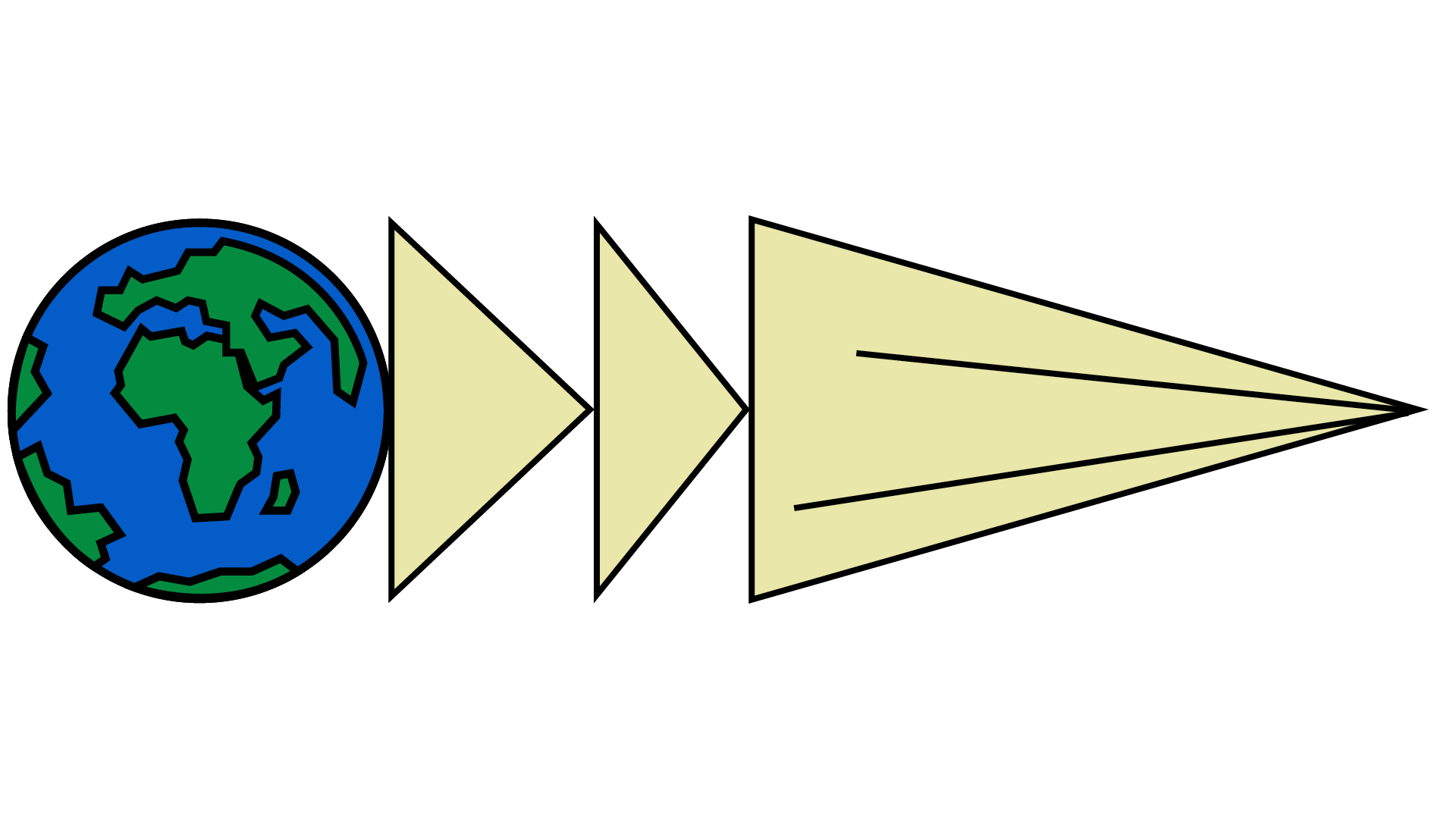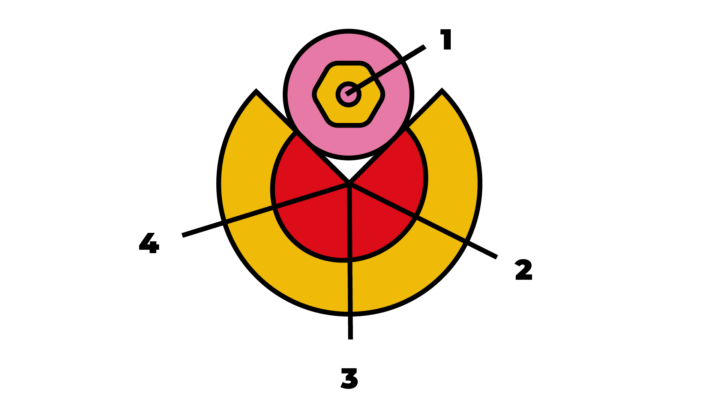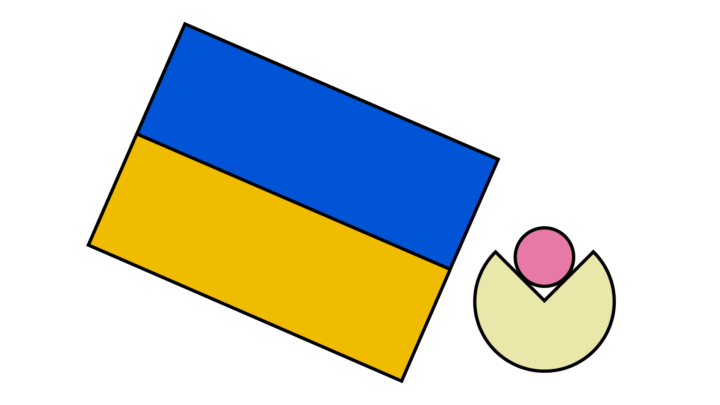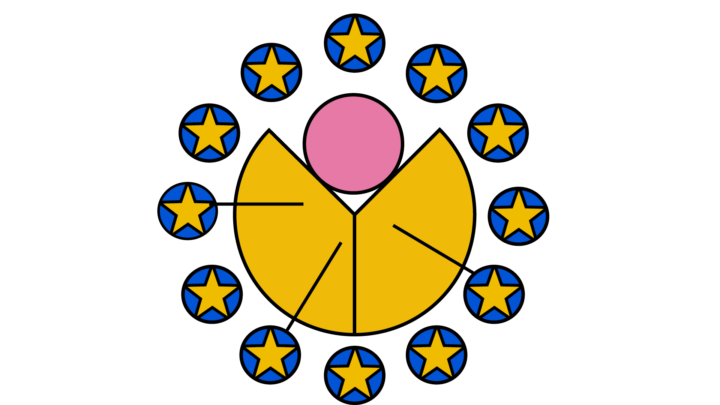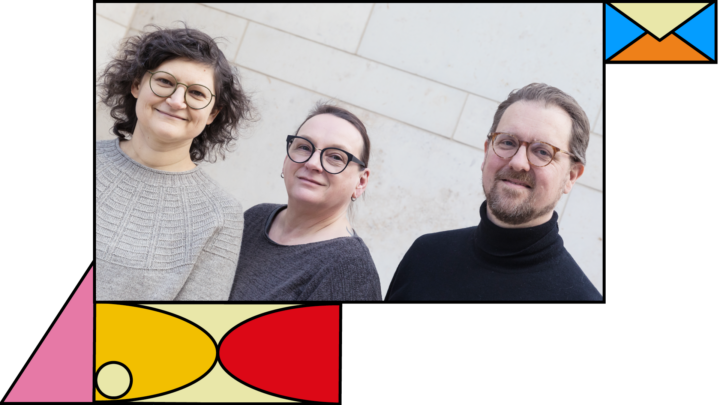Nicole Ebber is Director of Movement Strategy and Global Relations at Wikimedia Deutschland.
Wikimedia Deutschland organized the Wikimedia Summit for the first time in September 2022. What makes this event stand out?
Nicole Ebber: The Summit is the annual meeting of Wikimedia affiliates, i.e. national chapters and user groups, the Wikimedia Foundation, and various committees from the global movement. They come together to discuss the future, and in concrete terms about how to implement the Movement Strategy. One special aspect was that this was the first global Wikimedia meeting since the beginning of the pandemic. In addition, we organized a Summit as a hybrid event for the first time. We wanted to enable those who could not be there for various reasons to participate as well. About 170 people traveled from all over the world, and about the same number participated remotely.
This gathering in Berlin made it really tangible that we are a global movement. (Wikimedia Summit Report and content documentation) Behind this are many people who are passionately committed to the future of the movement and also to the future of their own organizations and groups – all driven by this common vision: Free Knowledge for all. In their own contexts, however, they sometimes pursue different approaches.
Which topics were in focus?
One main topic was the reform of global governance structures: How should decisions affecting everyone be made within the movement in the future? (Governance Paper) This also includes the process of drafting a Movement Charter to outline changes in the allocation of roles and responsibilities, for example, how money is raised and distributed in the movement (Money Paper) or how does collaboration take place? A committee has been formed for this – the Movement Charter Drafting Committee, or MCDC – which presented a working draft for the first time at the Summit (MCDC). People on the ground provided feedback and input.
In addition to these more structural issues, there were also discussions about how to incorporate marginalized knowledge into our Movement. Wikimedia’s vision is “Imagine a world in which every single human being can freely share in the sum of all knowledge.” This sum of all knowledge is far from complete.
Which projects have already been implemented?
“Provide for safety and inclusion” is one of the recommendations of the Movement Strategy. This has given rise to the Universal Code of Conduct, which lays down basic rules of conduct for all members of the movement. Everyone who joins Wikimedia – whether as an editor in Wikipedia or as a member of the association’s Supervisory Board – commits to it. An implementation guideline was developed for this Code of Conduct in 2022 (Universal Code of Conduct and Enforcement Guidelines). We need to create a safe environment – for our projects and events, but also for the way we communicate with each other, no matter where. The topic has also been taken up very enthusiastically at Wikimedia Deutschland. We are on board and see it as a great success that this implementation guideline now exists.
Since 2022, the podcast WIKIMOVE has appeared once a month on all common platforms, introducing people from the Wikimedia movement who talk about topics related to the implementation of the Movement Strategy.

